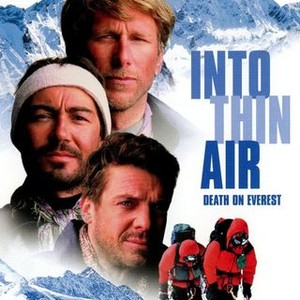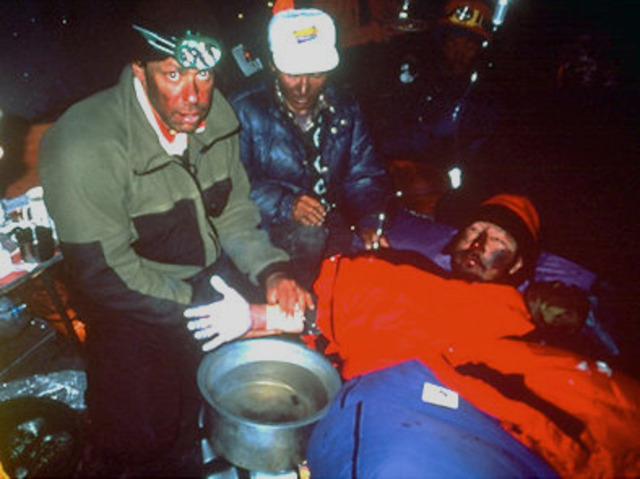
It’s a trophy on the wall, and they’re done … When I say I wish I’d never gone, I really mean that. Krakauer revealed that the accident affected him for years afterwards – “I was … depressed and I didn’t even know it” – and has harsh words for the current wave of “Everest tourism”: “Everest is not real climbing. One of the more gut-wrenching aspects of the story is Weathers' blindness that sets in the higher he climbs. Throughout the climb, Weathers exhibits more and more character. “They were taking chances trying to get clients to the summit because I was there.” Weathers is a doctor who has recently become obsessed with climbing, and initially, Krakauer does not think much of him. Krakauer, however, does accept one of the film’s suggestions: that his presence, and potential coverage in a major magazine, may have pushed one of the expedition leaders, Rob Hall, to take more risks. They were helpless … The writers and I tried to look at things from a fair point of view without choosing sides.” “Our intention in the tent scene that Mr Krakauer mentions was to illustrate how helpless people were and why they might not have been able to go out and rescue people … They were not malicious.


Kormákur responded to Krakauer’s complaint in a statement to the LA Times.


 0 kommentar(er)
0 kommentar(er)
